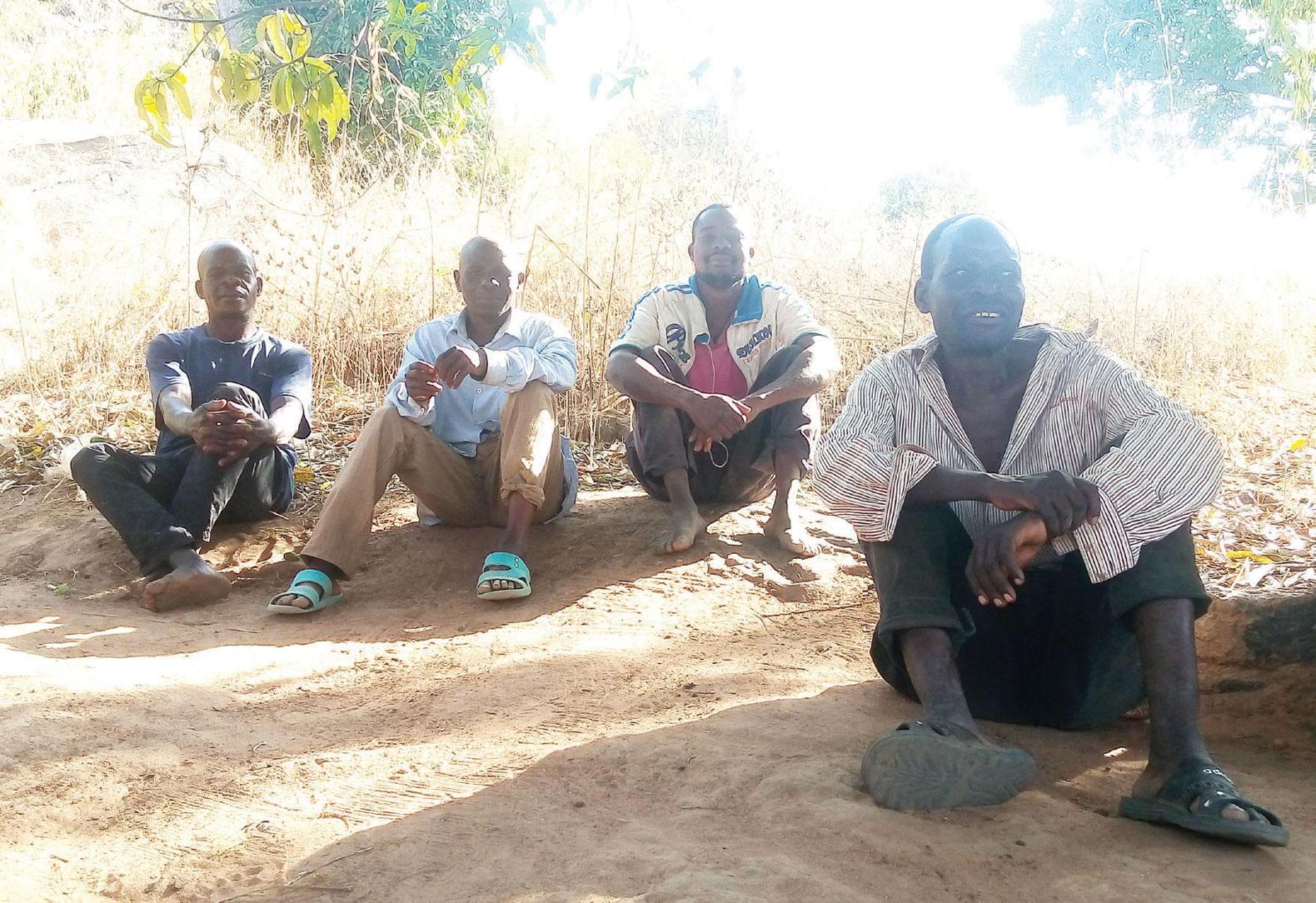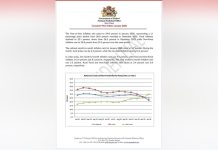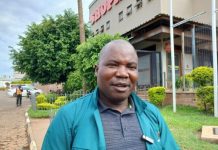Africa-Press – Malawi. Some 10 years after government completed the implementation of the Kudzigulira Malo project, beneficiaries are now paying the price for one of the programme’s impacts on the environment: deforestation.
Between 2004 and 2011, the Ministry of Lands implemented in two phases the Community-Based Rural Land Development Project (CRLDP), popularly known as Kudzigulira Malo. The World Bank financed the project to the tune of $37 million.
Under the project, government moved 15,142 families from Thyolo and Mulanje districts and resettled them on estates it purchased in Mangochi, Machinga, Balaka and Ntcheu.
According to government records, 90 percent of those families settled in Machinga and Mangochi districts. Between 2011 and 2015, this reporter visited six sites – three in Mangochi and three in Machinga – where the people settled.
That time, natural forests within and in the surrounding areas were almost intact. In October and November last year, we visited the same sites and found that the once-thriving forests have been stripped to just shrubs.
In a number of sites, we found gullies gorging through the land that has its fertility degraded – features communities attributed to soil erosion, which they said has become extensive in recent years as the land grows barer.
Some of the streams and water springs which we found flourishing previously have dried up or become seasonal. For example, in Bweya Trust in Traditional Authority Chikweo in Machinga, the once always-moist and fertile land is now usually a parched property.
Beneficiaries said the land has now become less productive for crop production, rendering them food insecure. Sowani Saidi, chairperson of the trusts in the region, said the misery resulting from the degradation of the land is compounding the long-running challenge of lack of access to social and economic services in the trusts.
“People were just dumped in these sites. Many of the trusts still do not have schools, health centres, potable water sources and other services.
“Then we have this growing problem of food shortage because this land cannot give us enough anymore, unless you invest a lot in fertiliser which many here cannot afford, and the population is growing,” he said.
We have established that the Kudzigulira Malo programme proved to be a double-edged sword: While it afforded the landless people an opportunity to own land, it also created conditions for the degradation of forests in the trusts in which the people settled and the surrounding areas.
Struggling to meet some of their needs from their farms alone, some of the beneficiaries turned to the forests for charcoal production for income, beneficiary Kazembe Hussein of Mgwirizano Trust in Mangochi, said.
“We had limited options. But now the trees are gone and we are also down,” he said.
In addition, a World Bank’s ‘Implementation Completion and Result Report’ dated March 30, 2012 said there were disputes between the beneficiary groups and estate owners whereby some estate owners came back to claim part of the land or some trees on the land they had already sold to the government.
A different kind of conflict contributed to the tearing down of the forests, we learnt: Original communities invaded the forests in the settled areas. They challenged that they could not lose both the land and the trees to strangers. That resulted in stiff competition for trees.
We examined project evaluation documents from the Ministry of Lands, World Bank and an audit by Price Water House Coopers a year after the project started in 2004. The documents are sketchy on an intervention specific on forestry management within the lifecycle of the project.
District Forestry Officer for Machinga, Harry Chalira, added that the project came at the time deforestation was becoming rampant in Malawi while central government was emasculating district forestry offices through underfunding, which has effectively handicapped the offices from enforcing the law.
For two weeks, even with several reminders and promises to reply, spokesperson for the Ministry of Lands, Enoch Chingoni, kept saying he was consulting officials that led the project. As we went to press yesterday, there was still no response.
Ramzy Kanaan, Chief of Party for the USAID and UKaid co-funded Modern Cooking for Healthy Forests (MCHF) activity, said such project outcomes can be avoided through integrated development planning, agricultural intensification and livelihood diversification and family planning for sustainable use of resources.
For More News And Analysis About Malawi Follow Africa-Press






